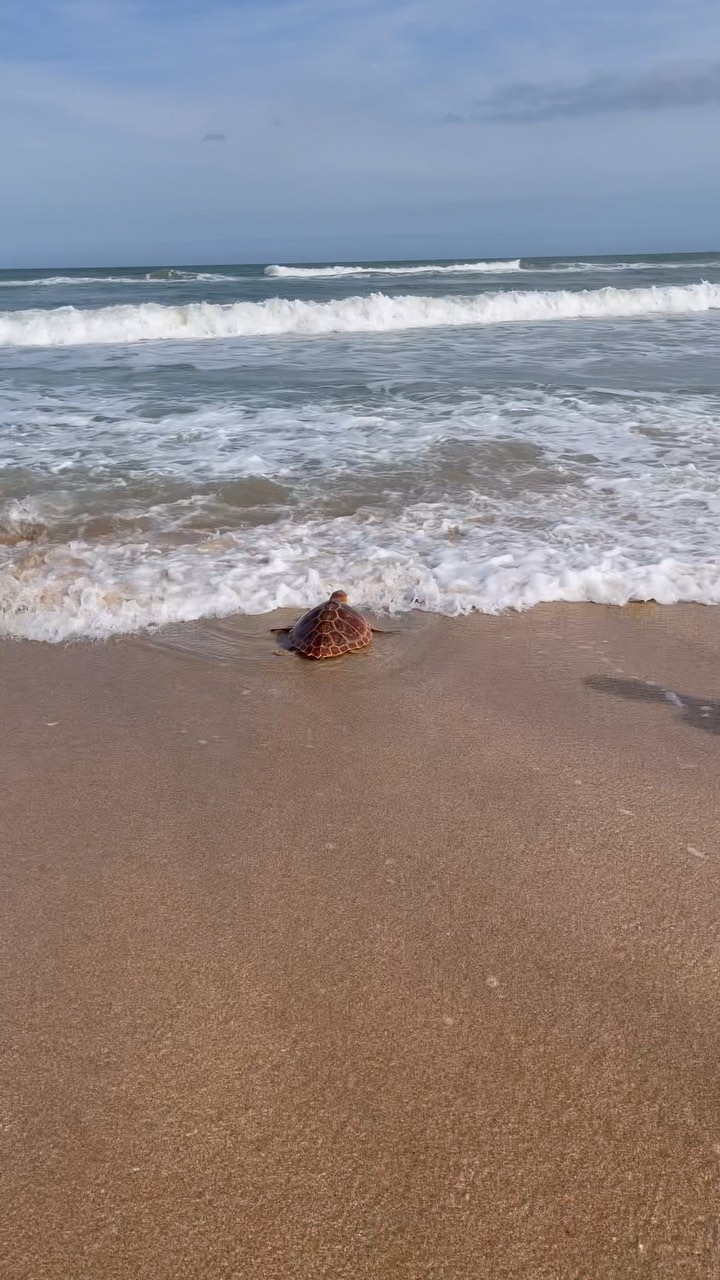Saving Sea Turtles: How You Can Help
Sea turtles are essential to the ocean’s ecosystem but face many threats. From plastic pollution to climate change, sea turtles need our help now more than ever. Here are some ways you can help save these majestic creatures.
Secure Your Trash Cans
One of the most important things you can do to help save sea turtles is to secure your trash cans. Plastic bags and other debris can be mistaken for food by sea turtles and cause them serious harm if ingested. Ensure all your trash is securely sealed in a container with a lid that won’t blow away in the wind.
Cut Up Fishing Line
Fishing line is one of the most common sources of entanglement for sea turtles. If you’re out fishing, properly dispose of any used fishing line so it doesn’t end up in the water, where it could harm a turtle or other marine life. It’s also a good idea to cut up any long pieces of fishing line before throwing them away so they don’t get tangled around a turtle’s flippers or neck.
Turn Out Lights Visible From the Beach
Hatchling sea turtles use light from the moon and stars to return to the ocean after hatching on land. Artificial lights from buildings and homes near beaches can confuse hatchlings and lead them away from the sea instead of toward it. To help prevent this, turn off any lights visible from nearby beaches during nesting season (May-October).
Reduce Your Carbon Footprint
Climate change is one of the biggest threats facing sea turtles today, as rising temperatures cause beach erosion and disrupt nesting sites. To help reduce this threat, try reducing your carbon footprint by using less energy at home, driving less, and eating less meat (especially beef). These small changes can make a big difference in helping protect sea turtles from climate change!
Choose Responsibly Caught Seafood
Sea turtles often get caught in commercial fishing nets for other species like tuna or shrimp. To avoid contributing to this problem, buy seafood caught responsibly with methods that minimize bycatch, like pole-and-line fishing or trolling lines instead of trawling nets. Look for labels like “dolphin-safe” or “sustainable seafood” when buying seafood at your local store or restaurant to ensure that no sea turtles were harmed in its production!

